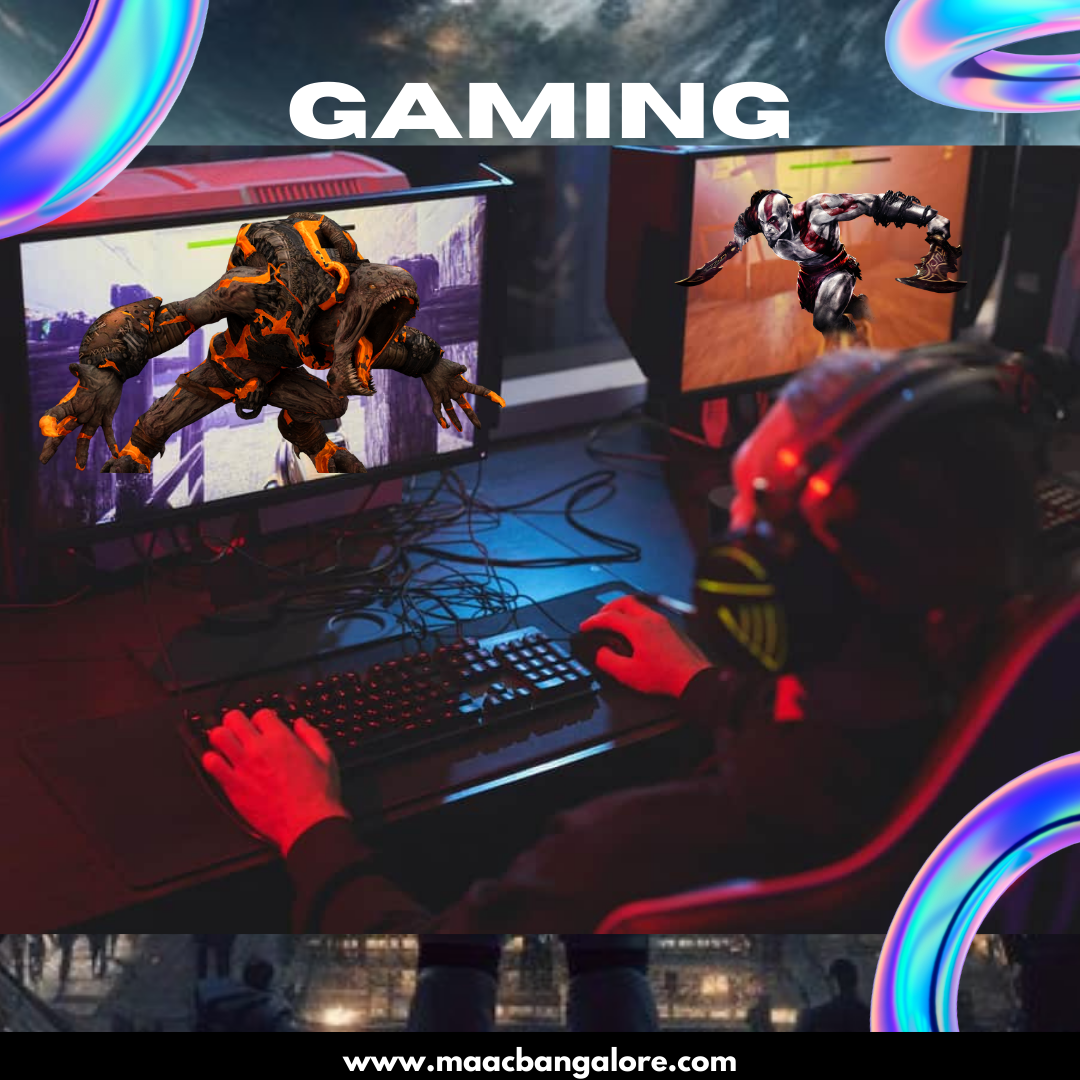How to Become a Professional Game Designer
Being a game designer is quite an adventure! In the dynamic realm of gaming, the Foundations of game designing encompass understanding player psychology, mechanics, and storytelling to create engaging experiences. it’s both a demanding journey and an exhilarating opportunity. It feels like being an explorer venturing into unknown lands, always needing to adjust and come up with new ideas. But witnessing your creations take shape and delight others is truly fulfilling. Crafting immersive worlds, designing compelling narratives, and orchestrating engaging gameplay experiences are just a few facets of this multifaceted profession. Here’s a guide to help you find your way to becoming a pro game designer.
Foundations of game designing :
Master the Basics: Start by building a strong Foundations of game designing in the fundamentals of game design. Understand the principles of game mechanics, level design, storytelling, and player psychology. Get up to date yourself with industry-standard tools and software used for game development, such as Unity, Unreal Engine, or GameMaker Studio.
Study Game Design: Dive deep into the study of game design theory and practice. Enroll in the courses, attend workshops, and participate in online communities dedicated to game development. Learn from established game designers by analyzing their work, deconstructing game mechanics, and understanding the design decisions behind successful titles.
Create Your Own Games: The best way to learn game design is by doing. Start small by designing and developing your own games, even if they’re simple projects or prototypes. Experiment with different genres, mechanics, and platforms to broaden your skill set and gain practical experience.
Build a Portfolio: Assemble a portfolio showcasing your best work as a game designer. Include screenshots, videos, and playable demos of your projects to demonstrate your skills and creativity. Tailor your portfolio to highlight your strengths and interests, whether it’s level design, narrative-driven experiences, or innovative gameplay mechanics.
Collaborate with Others: Game development is a collaborative effort involving artists, programmers, musicians, and writers. Collaborate with other aspiring developers or join indie game development teams to work on larger projects. Learning to communicate and collaborate effectively with team members is essential for success in this industry.
Seek Feedback and Iterate: Solicit feedback from peers, mentors, and players to iterate and refine your designs. Embrace constructive criticism as a valuable tool for growth and strive to continually improve your work. Iterate on your designs based on feedback, testing different ideas and solutions to enhance the player experience.
Stay Updated: Stay abreast of the latest trends, technologies, and developments in the gaming industry. Follow game design blogs, attend conferences, and participate in game jams to stay inspired and informed. Keep learning and adapting to new tools and techniques to remain competitive in the ever-evolving landscape of game design.
Gain Industry Experience: Consider pursuing internships or entry-level positions at game development studios to gain real-world experience and industry connections. Even if it means starting in a junior role, the insights and contacts you gain can be invaluable for advancing your career as a game designer.
Specialize and Diversify: As you gain experience, consider specializing in a specific area of game design that aligns with your interests and strengths. Whether it’s narrative design, systems design, or level design, cultivating expertise in a niche can set you apart in the competitive job market. At the same time, don’t be afraid to diversify your skills and explore new avenues within game design to stay versatile and adaptable.
Never Stop Learning: Game design is a dynamic and ever-changing field, so cultivate a mindset of lifelong learning and growth. Stay curious, experiment with new ideas, and challenge yourself to push the boundaries of your creativity. By continuously honing your craft and expanding your knowledge, you can forge a fulfilling and successful career as a professional game designer.
In conclusion, becoming a professional game designer requires dedication, Foundations of game designing, perseverance, and a passion for gaming. By mastering the fundamentals, building a strong portfolio, collaborating with others, and staying updated with industry trends, you can embark on a rewarding journey toward realizing your dreams of shaping immersive and unforgettable gaming experiences.


Recent Comments